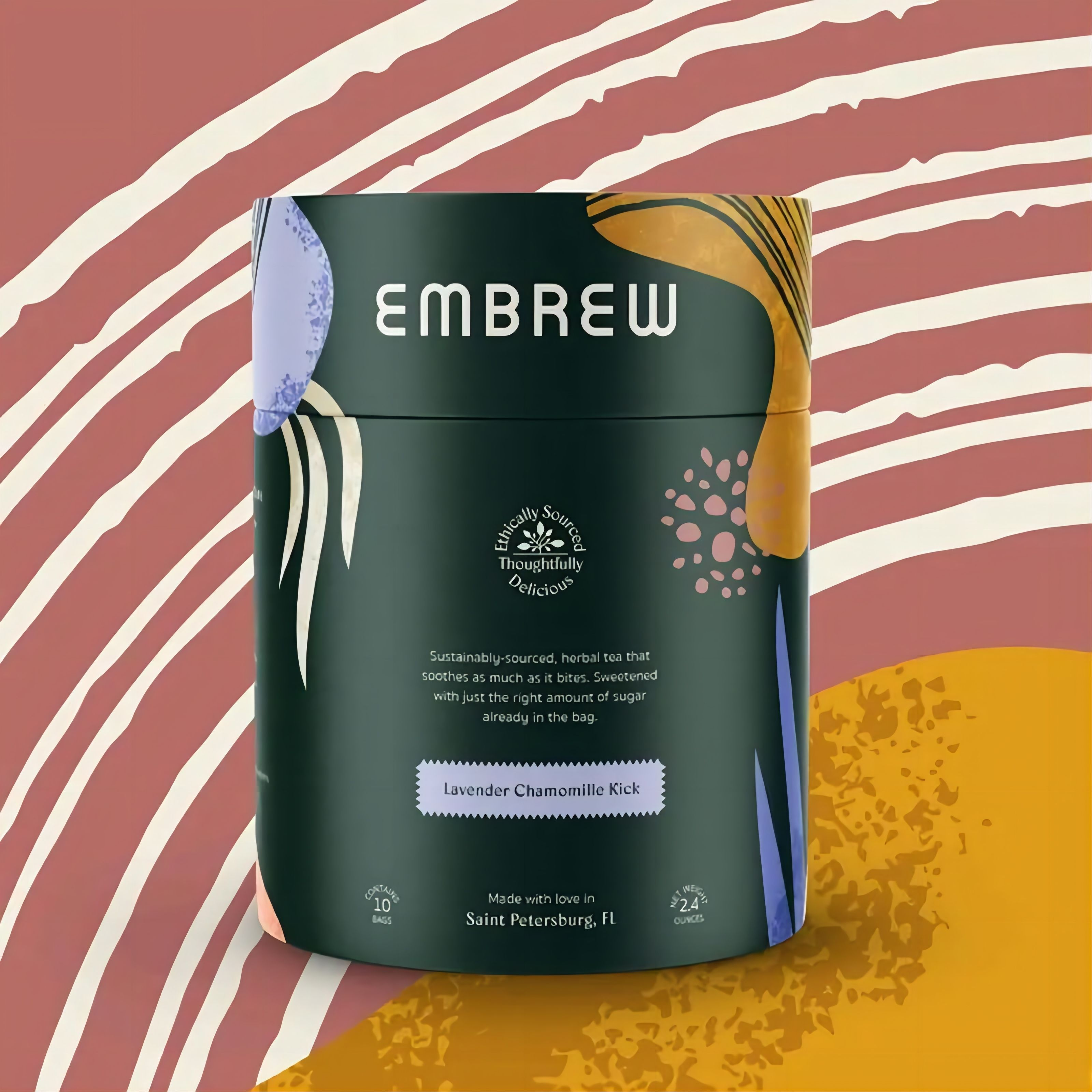
Get In Touch
- [email protected]
- +86 173 180 77353
-
Yantian Port, Yantian District, Shenzhen, Guangdong Province
Postal code: 518085
Paper tubes are primarily made from paperboard, which is a renewable resource. Unlike plastic, which relies on fossil fuels and has a finite supply, paperboard can be sourced from sustainably managed forests or recycled paper. This makes paper tubes a more environmentally friendly option, reducing dependence on non-renewable materials and promoting responsible resource management.
The production of paper tubes generally has a lower carbon footprint compared to plastic packaging. The energy required to produce paperboard is less than that needed for plastic, and the carbon emissions associated with paper production can be offset by the use of recycled materials. Additionally, paper tubes are often lighter than their plastic counterparts, which can reduce the carbon footprint associated with transportation and distribution.
One of the standout benefits of paper tubes is their recyclability. Unlike many plastic packaging options, paper tubes can be easily recycled through curbside programs or industrial recycling facilities. This reduces the amount of waste that ends up in landfills and promotes a circular economy where materials are continuously reused and repurposed.
Paper tubes are biodegradable, meaning they can break down naturally over time when exposed to environmental conditions. This characteristic minimizes their impact on landfills and reduces the risk of long-term pollution. In contrast, plastic packaging can persist in the environment for hundreds of years, contributing to growing concerns about plastic waste and pollution.
Paper tubes offer a versatile canvas for cosmetic brands to explore creative and innovative packaging designs. They can be customized with various finishes, colors, and textures, allowing brands to enhance their visual appeal while maintaining a commitment to sustainability. This adaptability ensures that paper tubes can meet diverse aesthetic and functional requirements without compromising their environmental benefits.
As consumers become increasingly aware of environmental issues, there is a growing demand for sustainable products and packaging. By choosing paper tubes, cosmetic brands can appeal to eco-conscious consumers who prioritize sustainability in their purchasing decisions. This not only aligns with consumer values but also enhances brand reputation and loyalty.
Many paper tube manufacturers are committed to sustainable practices, including using eco-friendly adhesives, minimizing waste during production, and implementing energy-efficient processes. By supporting these manufacturers, cosmetic brands can further contribute to a more sustainable supply chain and reinforce their commitment to environmental responsibility.
Paper tubes represent a significant advancement in cosmetic packaging sustainability. By leveraging renewable materials, reducing carbon footprints, enhancing recyclability, and supporting biodegradability, these eco-friendly alternatives offer a comprehensive solution to many of the environmental challenges associated with traditional packaging. As the cosmetic industry continues to evolve, embracing paper tubes can play a crucial role in fostering a more sustainable future for beauty products.

In the modern packaging industry, paper tube packaging is gaining increasing popularity due to its eco-friendly, durable, and highly customizable features.
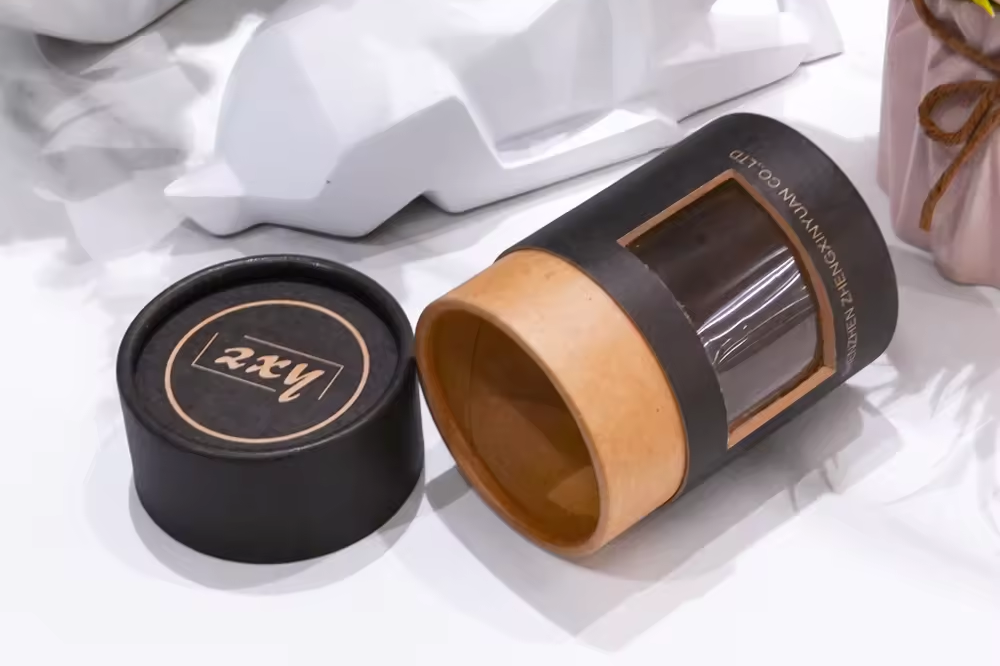
In today’s competitive marketplace, businesses are constantly seeking innovative ways to differentiate their products and capture consumer attention.

One notable trend in this movement is the rise of paper tube packaging, a sustainable alternative to traditional packaging options.
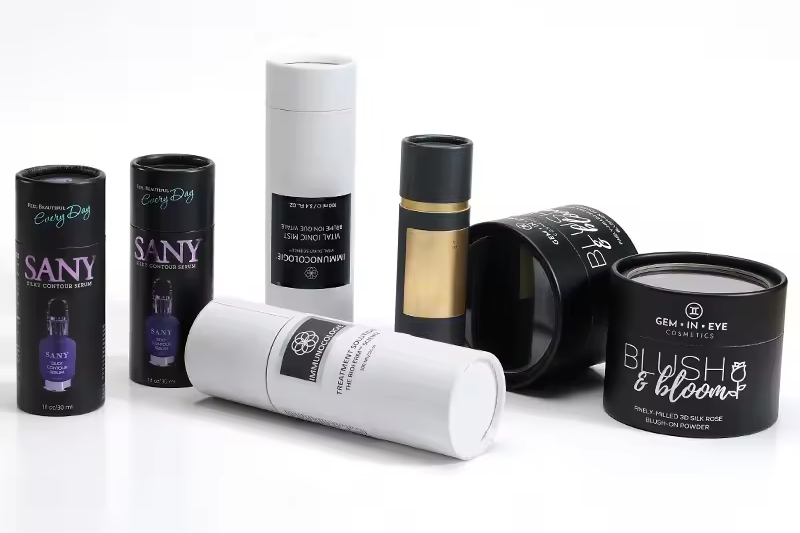
In the world of gift-giving, presentation is key. The excitement of unwrapping a beautifully packaged gift adds to the overall experience, making it memorable for both the giver and the recipient.
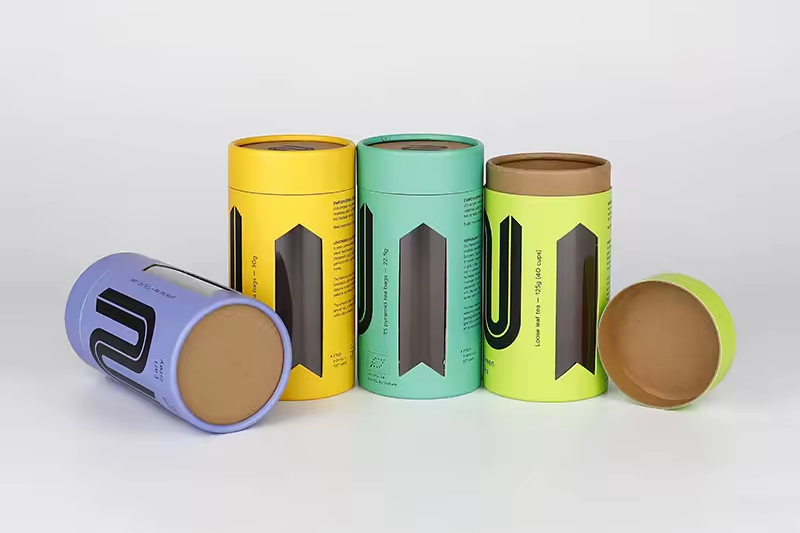
The paper tube manufacturing industry has seen significant changes in pricing dynamics due to various factors, including raw material costs, market demand, and competition.
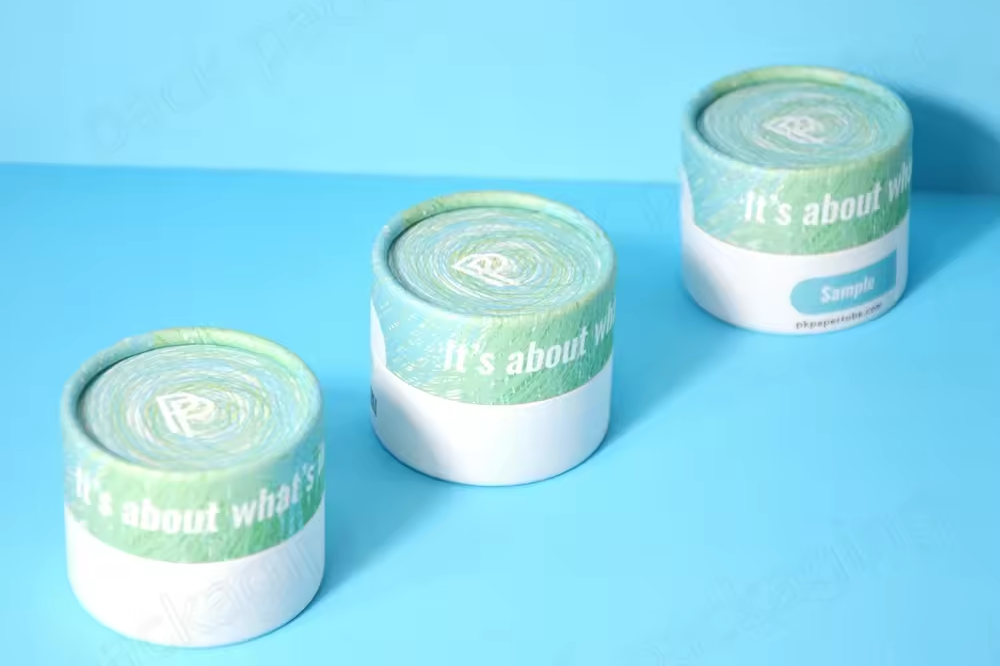
Paper tubes are increasingly recognized as a sustainable alternative to traditional plastic packaging.
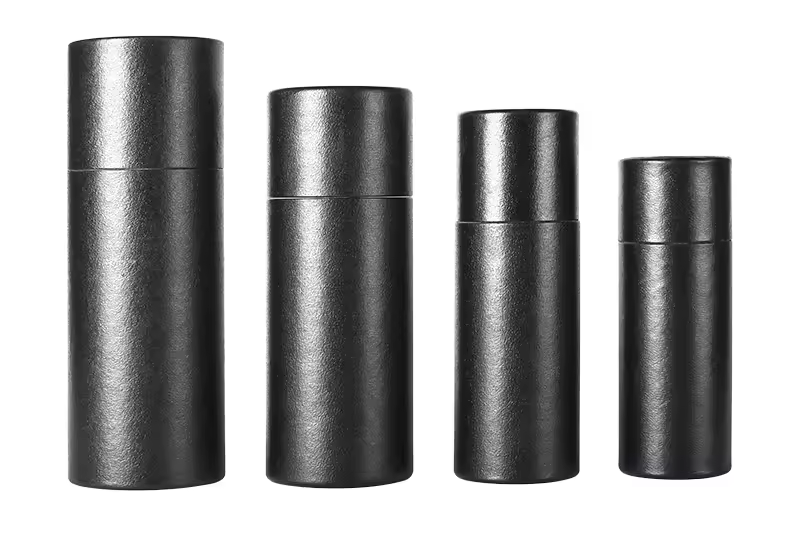
In a world increasingly aware of environmental issues and the urgent need for sustainable practices, product packaging has come under scrutiny.
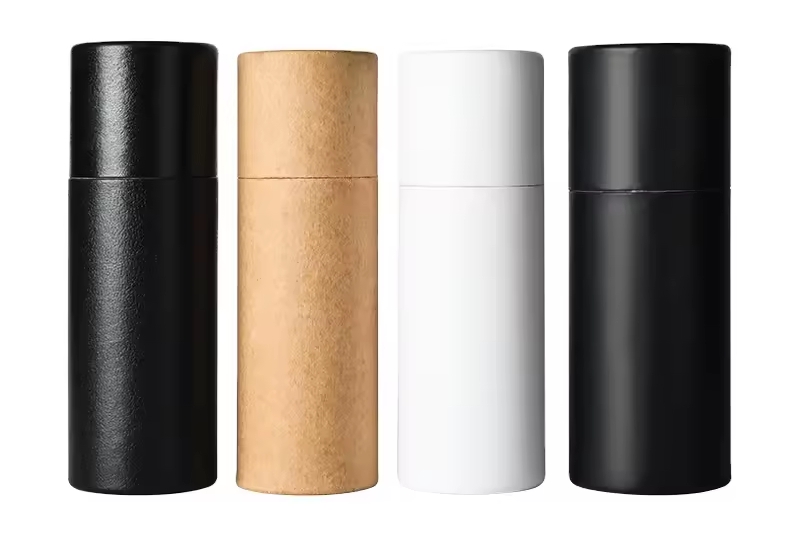
In today’s competitive market, packaging plays a crucial role in attracting customers and enhancing brand identity.
Didn’t find what you want?Ask our manager for help!